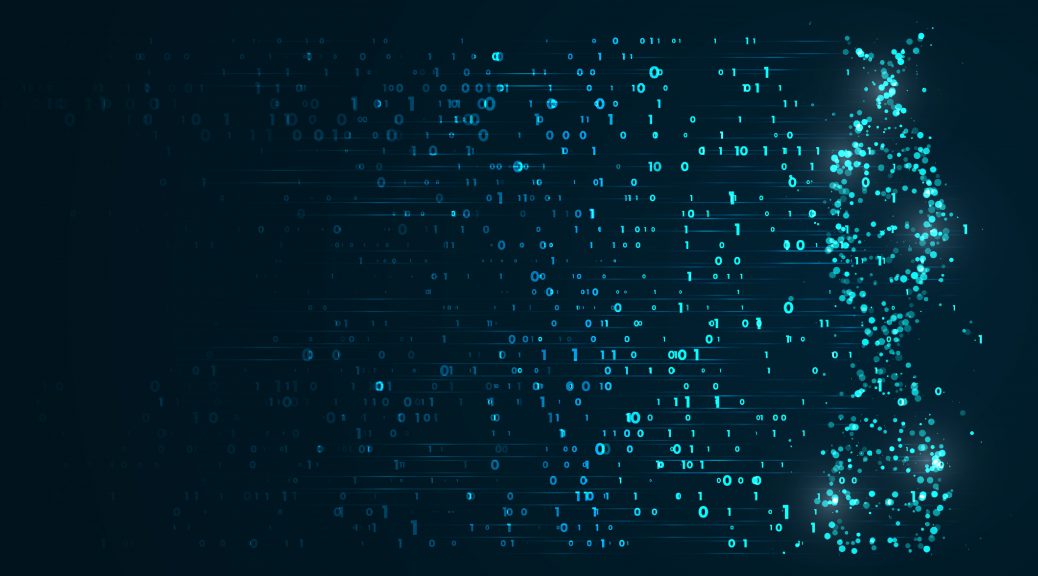There’s nothing new in this essay. The topic has been covered by thousands of other articles. Scores of films. Countless novels.
And that’s the point I keep coming back to in my use of AI, specifically ChatGPT, in the last month.
I’m intrigued by what it means to me as a writer, marketer, and human to have a tool creating content that, if not great, is clearly good enough. I’ve paid more for worse. Written worse myself. I started off with curiosity (“Write a poem that involves a lemming and a biscuit.” “Describe the love for bacon.”) and sat up straight within seconds.
A simple bit of stilted but passable ChatGPT writing today, plus millions of inputs to improve tomorrow, turns into something near-indistinguishable from human dialogue in a week or so.
I’d hoped to retire before this came along.
Some smart people I know aren’t concerned. We’ll always need the essence of humanity to create good art. AI can’t strategize like humans. The machines will hit a ceiling. Human inquiry leads us forward. They may be right (though I think they’re not), and I won’t deeply strawman argue them here.
The larger point to me is we’re noticing how good AI is or could be, and we’re ignoring how unremarkable we’ve become.
This seems ridiculous, here in the golden, enlightened era of human advancement. In one century, humans have created and done more than previous ones combined. Including making AI, which will kill us all spiritually, intellectually, and maybe physically.
Make no mistake. We’re the host, AI the invasive species, and there’s frightening little buffer between where it is now and our own peak.
The argument that human creativity differentiates us from the machines must—and fails to—intellectually exist alongside our increasing folly. Ten movies in the Fast and Furious franchise. TikTok. War. Florida Man. Most laws. Most societal trends. “The news” as a blanket concept. We’re just not that good, far too often, in fields from writing to medicine to policy to social sciences to business and everything in the middle. We’re advancing faster and getting weaker, long before ChatGPT. Already letting the machines define our intellectual and emotional lanes. Dehumanizing ourselves and each other by the day.
We’re amazed that ChatGPT can create a realistic conversation, until we listen to a human one. Make a solid argument, when ours are increasingly wafer-thin. We ease our minds that AI is only additive in nature (always adding a ‘yet!’ at the end), until someone mentions we’ve tried something before, or correctly affirms, as I am here, that there are no new ideas.
The greatest terror with this is how effortlessly low the bar is for AI to take over our lives, literally. Technology already steals our attention, alters our physical states, steers our views, and blinds our sight. So, let’s theorize you could combine ChatGPT’s dialogue with your digital exhaust with your location data with Google with your peer group’s actions with your past purchase and browsing history with your photos and Reels and YouTube and TikTok videos. This isn’t science fiction…each part of that is available today, just not aggregated. There’s no reason it couldn’t be. Someone is doubtlessly doing it now.
You’d rapidly create an avatar that knows what you know; knows where you’ve been; knows your deepest preferences, desires, fears, and interests; looks, sounds, and talks like you; and improves from a perpetual stream of increasingly refined data about you. It’s an enhanced digital you in short order. Everyone would scroll through the 20 pages of Terms of Service and click Accept. If we’d even get the choice to, and not that it matters. Mandatory subscription required.
The danger isn’t just that a nuclear war gets launched by a fake person giving fake orders, it’s in the mass realization that for all our pride, all our identities, all our esteem, we’re easily replicated.
The pandemic has reset so many assumed truths of our institutions, and diseases of despair soared. We’ll look back at this as quaint compared to the despair when we ourselves are reset. There is no upper limit to where this can go. A clear lower limit.
There’s no moral to this essay, no clever “10 Ways to Use ChatGPT to Offload Your Content Marketing” lesson. Everything I’m describing has been portrayed by our imaginations already. There’s nothing new here.
Except what’s old, in that realm of the real, not the digital. The realm that, as I look at the words scrolling out on my screen from ChatGPT, I vainly feel compelled to embrace more than ever.
